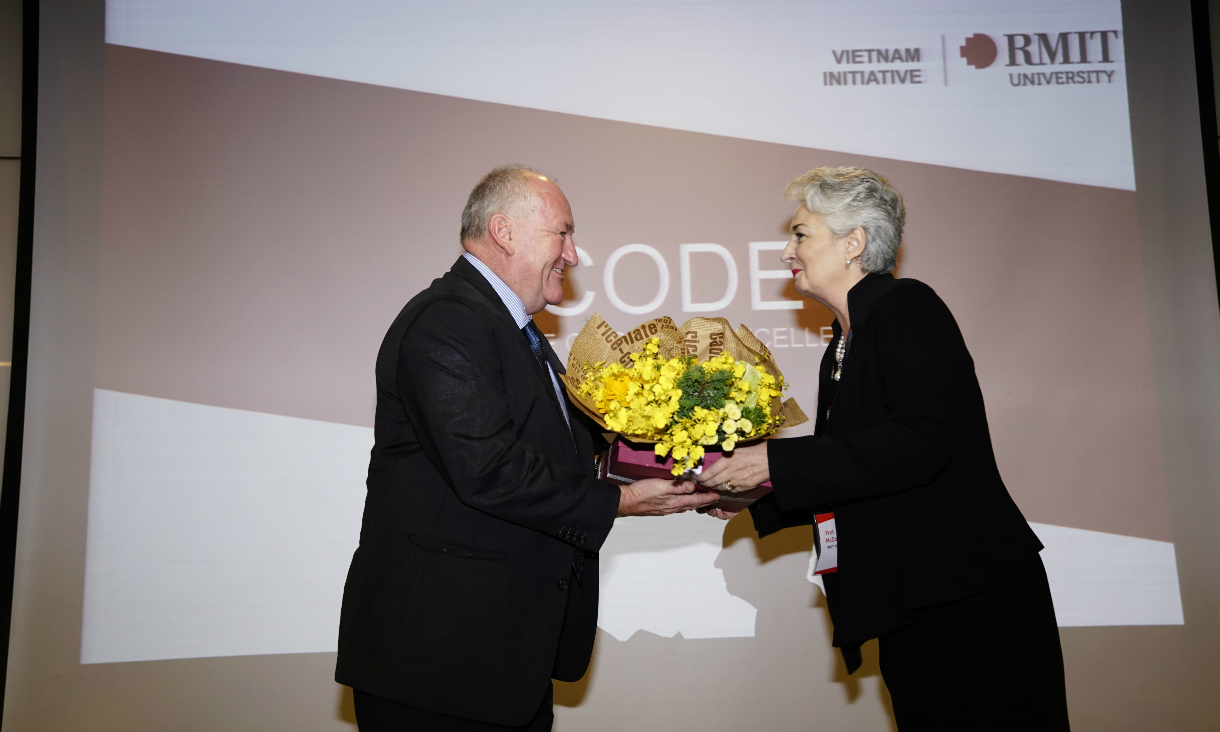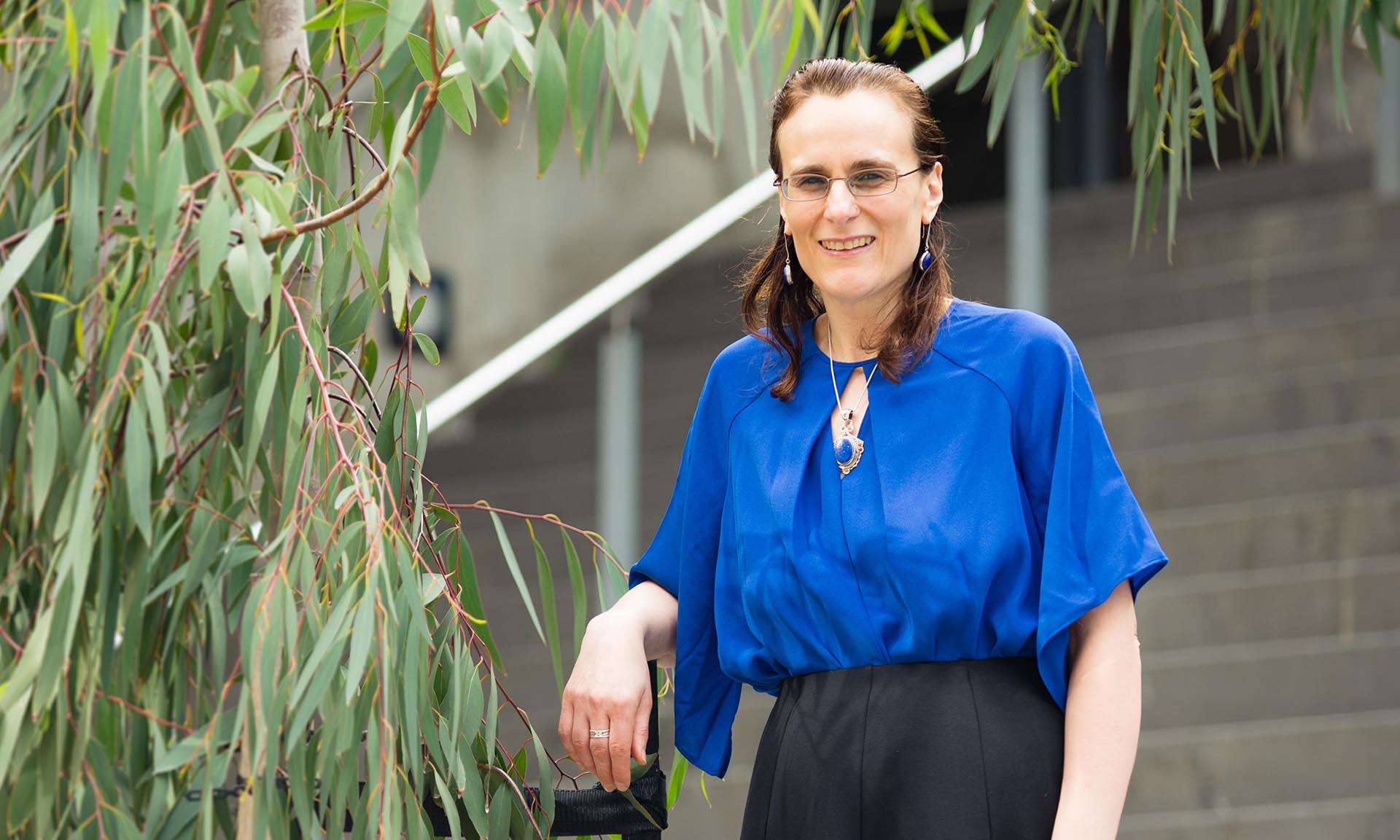RMIT's new Centre for Information Discovery and Data Analytics (CIDDA) brings leading researchers of human-driven data science together to tackle the technical challenges posed by high volumes and complex data, as well as the human and organisational challenges of making sense of such data.
CIDDA Director Associate Professor J. Shane Culpepper said manipulating and finding useful information in massive volumes of complex data increasingly presents challenges for individuals and organisations.
"Governments, businesses and not-for-profits all gather electronic data daily, some on a small scale but many of them in large volumes, and this is only set to increase, “ Culpepper says.
“But most organisations don't know what to do with all that data because data analytics is not their primary purpose. Our goal is to partner with these organisations and help them transform that data into knowledge.”
CIDDA officially opened on 17 October 2018, with a clear mission to provide industry and government partners access to cutting-edge research in the broad area of human-centred data science.
The centre will work with partners to find tailored and innovative ways to translate research into impact within their organisation.
Current projects by centre staff include helping Microsoft build the next generation of voice software, improving SEEK’s online job search engine, and helping City of Melbourne to make better use of sensor data for pedestrian and traffic management.
“It’s through these partnerships that we solve fundamental research challenges and translate that research into impact,” Culpepper says. “We’re an externally focussed centre and will be looking to develop new partnerships across all our focus areas.”
CIDDA's focus areas include:
- Combining structured data, such as databases, with unstructured data such as digital media, audio files and social media.
- Helping organisations resolve fairness, accountability, transparency and ethical problems in algorithms for machine learning, and helping them understand the grand challenges in responsible and ethical data management.
- Developing the next generation of conversational virtual assistants.
- Improving data visualisation and analysis.
- Improving the scalability of search, storage and retrieval in large data repositories.
- Implementing and benefiting from recent advances in spatial computing and intelligent transportation.
- Applying and benefiting from Internet of Things (IoT) analytics.
See the CIDDA website for more infomation or email partnership enquiries to cidda@rmit.edu.au .
Culpepper is a Vice-Chancellor’s Principal Research Fellow and internationally recognised leader in the field of Information Retrieval.
Story: Michael Quin




